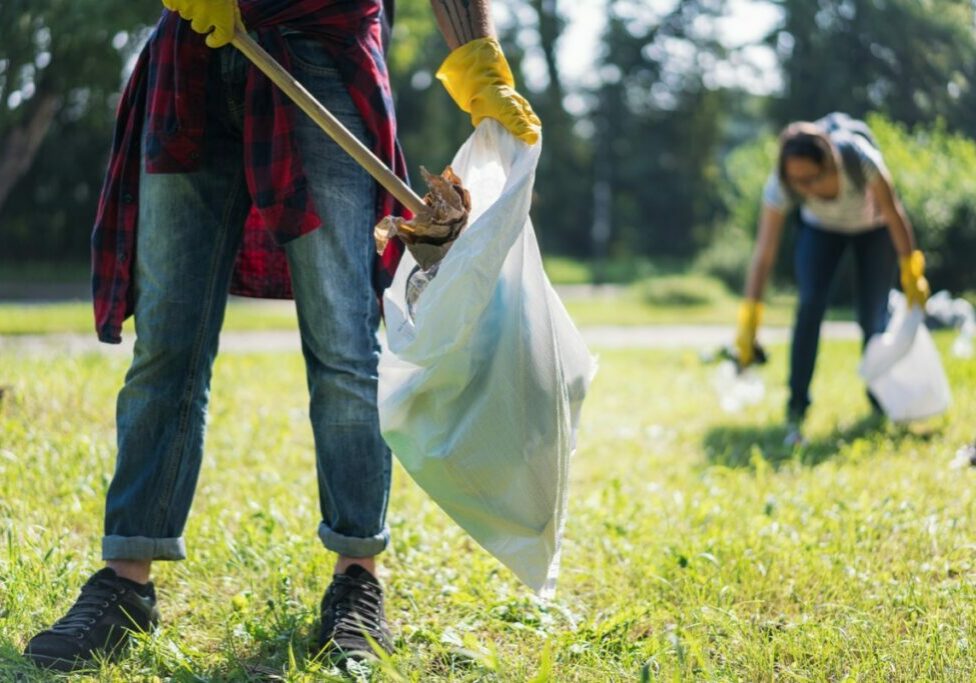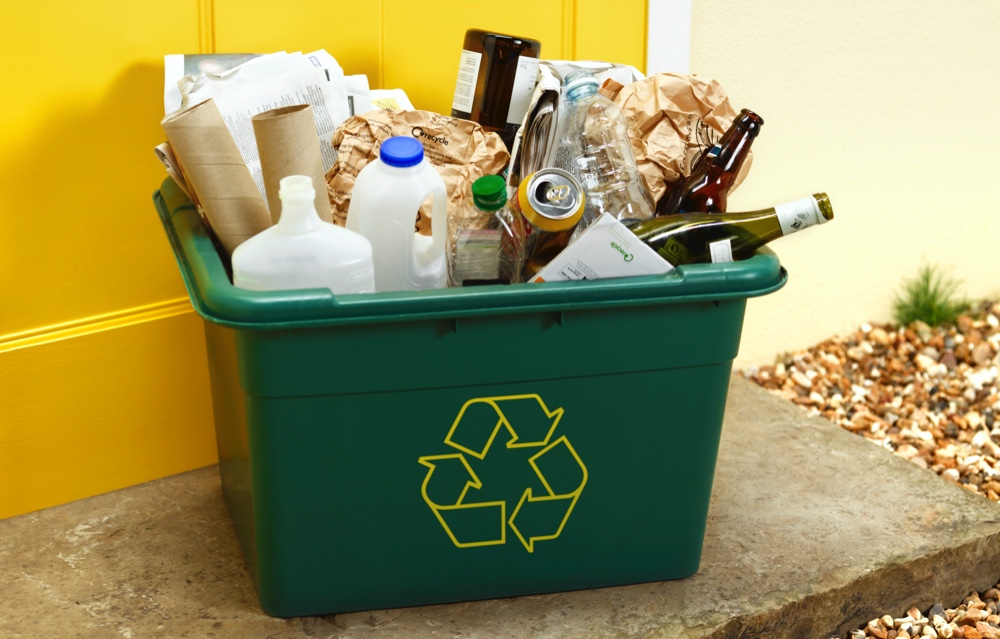
1. Recycle right
Get your recycling right at home. If you put the wrong items in your recycling bin the whole collection could be sent to landfill. What can go in your recycling bin depends on where you live, as local authorities all have their own agreements with waste recycling centres, so check with your local authority or on the Recycle Now site. Even if the label says something can be recycled, you might not be able to recycle it where you live. If in doubt, leave it out! Instead look for recycling points for unusual items – larger supermarkets often have collection bins for batteries, water filters and other ‘soft’ plastics. Many opticians will collect old glasses and empty contact lens packaging.
2. Keep it clean
Dirty items in your recycling bin can contaminate the materials, resulting in the entire collection being sent to landfill rather than being recycled. Swill empty containers in the washing up water when you’ve finished doing the dishes – they’ll be clean enough to recycle but you won’t need to run any extra water to wash them out.
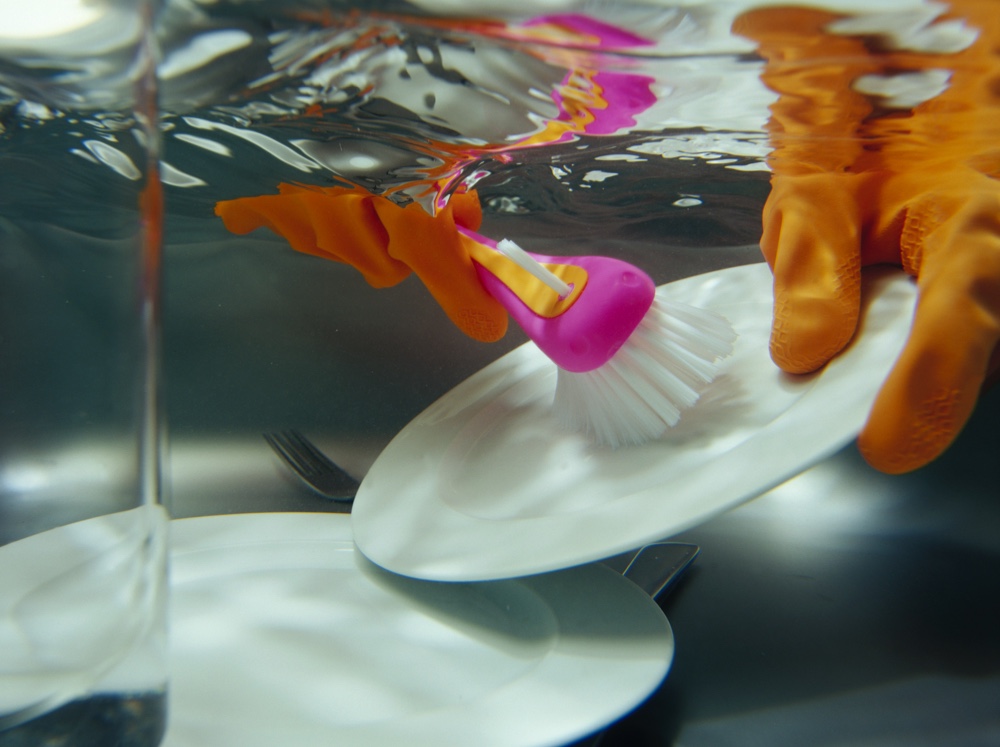
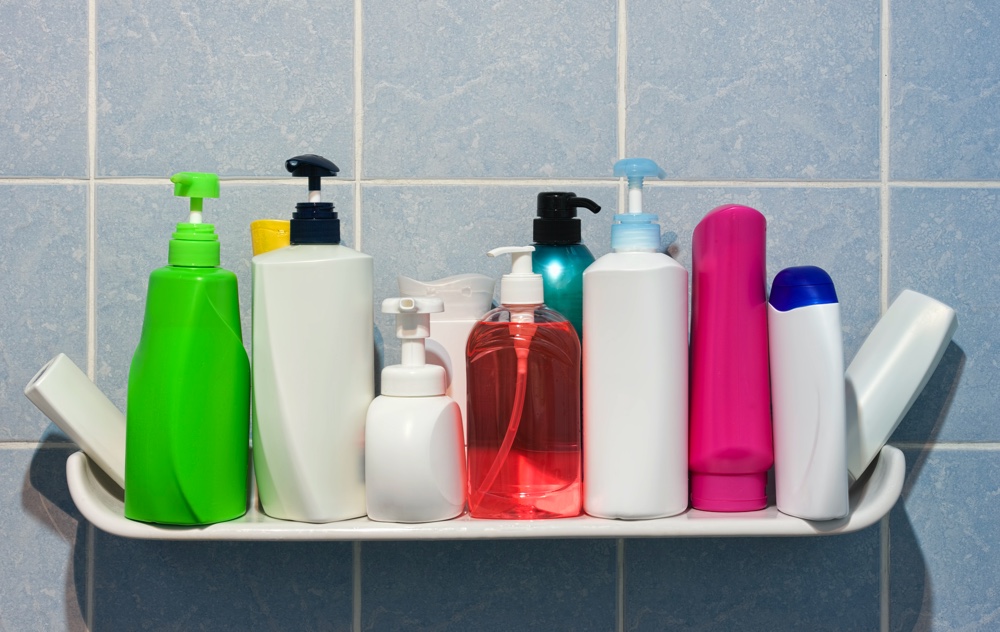
3. Bathroom-ready recycling
There are lots of products we use in the bathroom that should go in the recycling bin, not the rubbish. Cardboard toothpaste boxes, empty shampoo bottles, toilet roll tubes and shower gel bottles could all be recycled. Put a recycling bin in the bathroom to make it easier to sort the rubbish from the recyclables. If everyone in the UK recycled just one toothpaste box, it would save enough energy to run a fridge in over 2,000 homes for a year.
4. Save space
Make your recycling more efficient. Flatten cardboard boxes, crush cans and squash plastic bottles and replace the lids. This takes up less room in your recycling bins at home, but also less room on the lorry so it can pick up more waste on each round. If you need to visit a recycling centre to dispose of items not included in your kerbside collection, ask if your neighbours need to get rid of anything too. One car trip is better than two – and you might even find a use for their unwanted items!
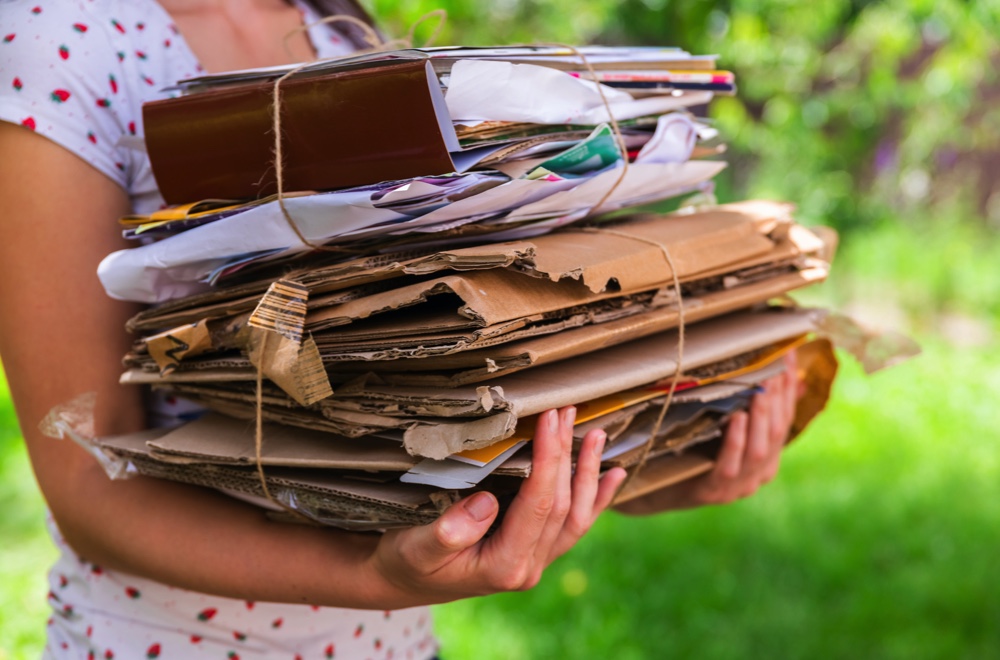
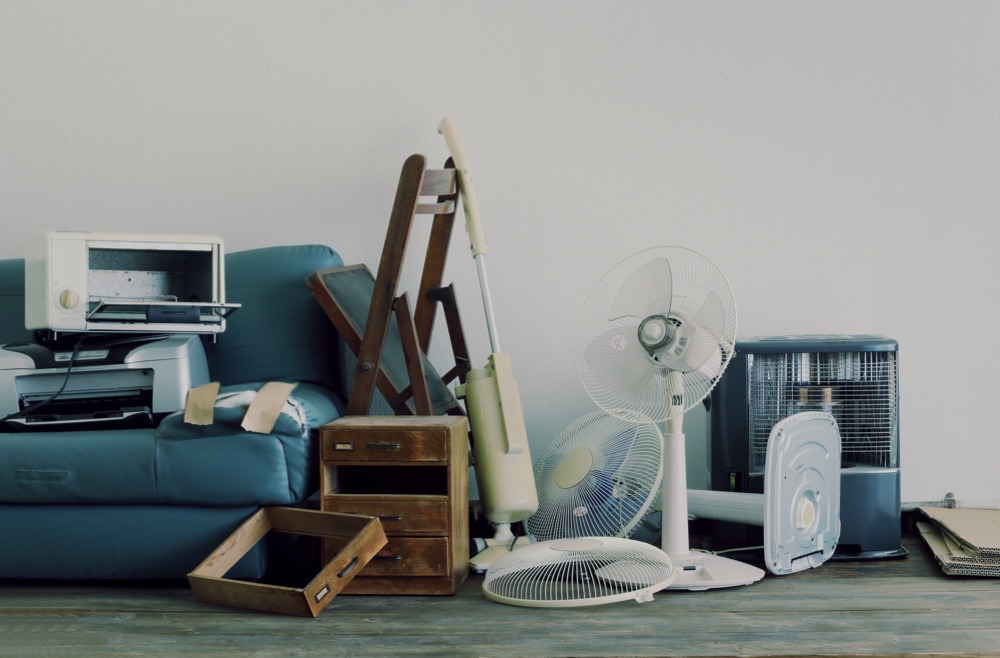
5. Give it away
One person’s waste is another person’s treasure. You might think there’s no home for a broken printer or a set of cracked crockery, but you’d be surprised what people are looking for. It’s worth listing items on sites such as Freecycle, Ebay, Nextdoor or social media – chances are someone near you could be looking for exactly what you’re throwing away. The advantage of giving things away locally is that there are fewer road miles for collection or delivery, and no need to package items for posting.
6. Fundraising fashion
Your unwanted clothes could help protect nature. If you send your clothes to Thrift+ they’ll sell them online – and WWF gets a minimum of £1 for every sale, though the donation could be as much as 66%! All the money raised goes directly towards projects helping our world. The UK produces around 206,456 tonnes of textile waste a year, most of which goes to landfill but could be recycled or reused. Just order your free ThriftBag, fill it up with your unwanted clothes and Thrift+ will collect it from your home or a nearby collection point.
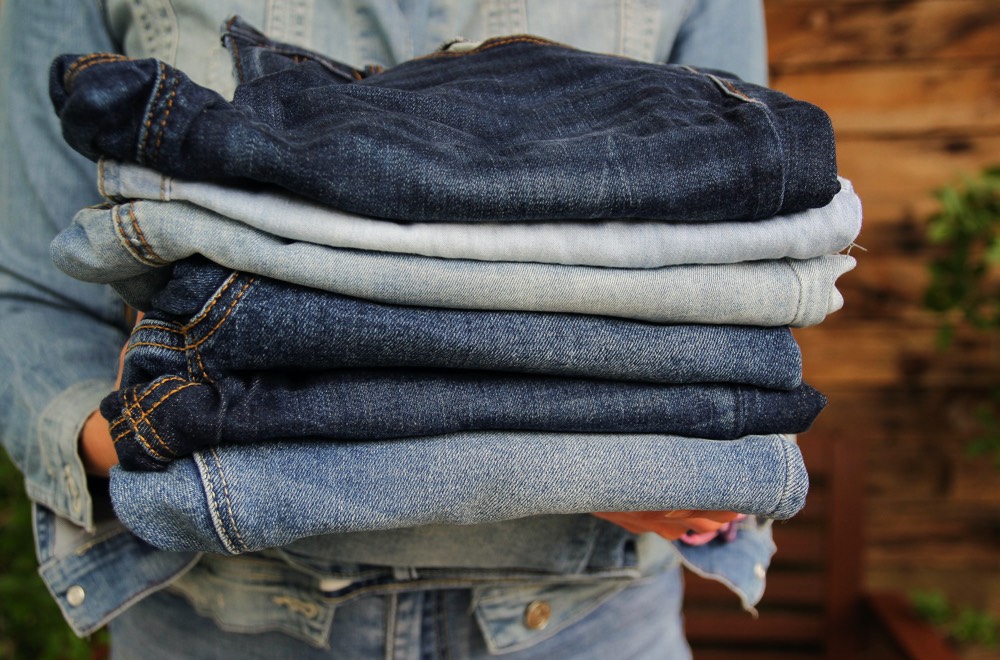
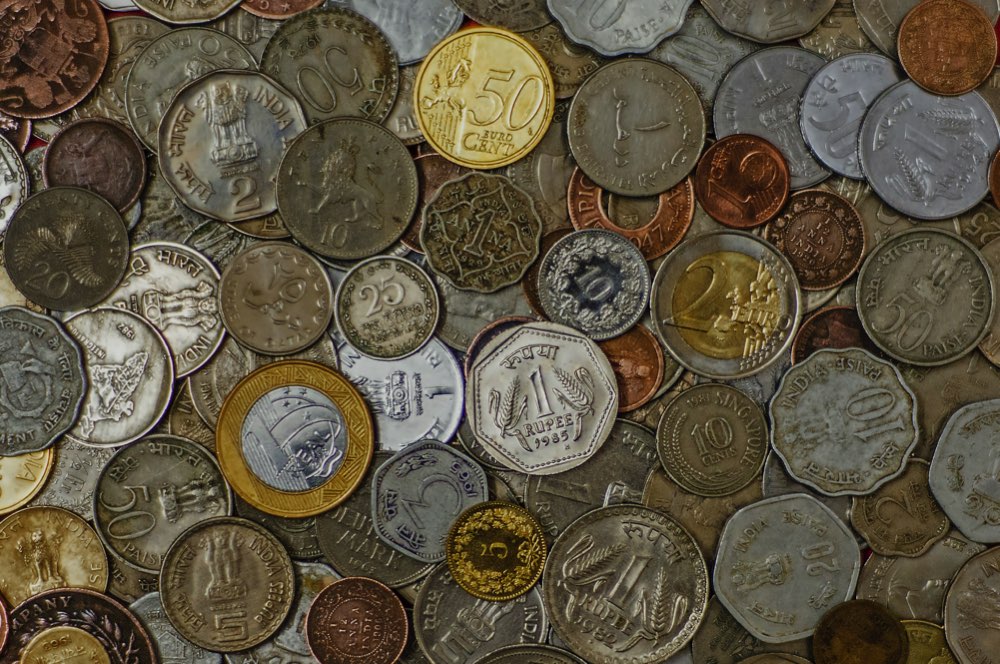
7. Support good causes
Charities are able to accept and sell a wide range of things, from furniture to clothing, but WWF can also raise money from your more unusual unwanted items. From cars to coins, our partner organisations will turn your donated goods into funds to support our work around the world. Find out more on our Recycle For WWF site.
8. Start swapping
Swapping items might not help you declutter, but it’s a great way to update your belongings while finding a home for things you no longer want or need. It’s easy to arrange a swap session with friends or colleagues – things like clothes and books are always sought-after, and anything left unclaimed can be taken to a charity shop. Swaps are particularly good if you’ve got young children who grow out of clothes and toys quickly – contact local baby groups or speak to your nursery or school about arranging a swap session.

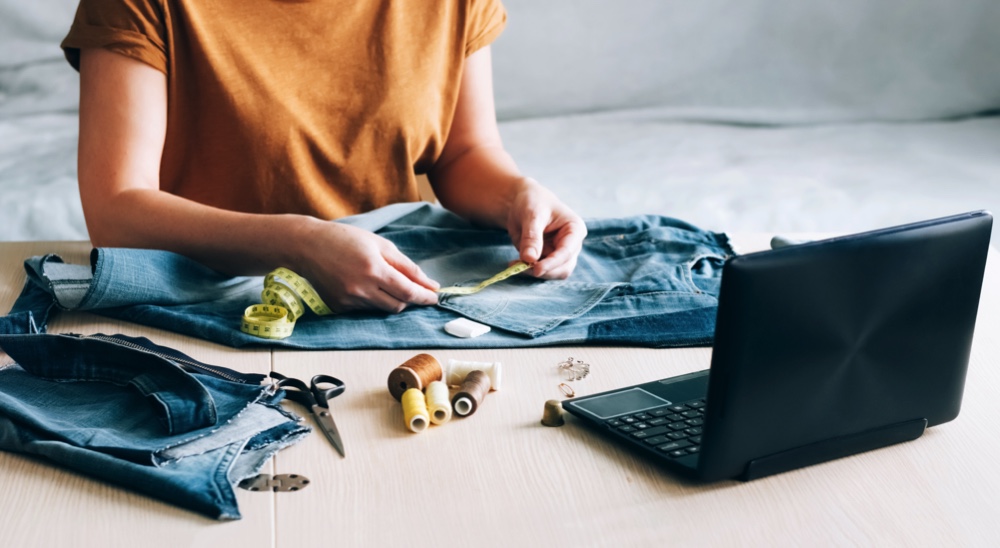
9. Reuse and repair
Reusing what you own is the best way to reduce waste – even more than recycling! If something’s broken, fix it – there are YouTube tutorials to help you mend almost anything. Or take it to your local repair café, where you’ll also find volunteers eager to teach you repair skills. By reusing items we save the resources needed to create new items, and stop more going to landfill. If something is past repairing, try upcycling it – turn an old T-shirt into a shopping bag, or a boot into a plant pot!
10. Follow the waste hierarchy
The most important thing to reduce your impact from rubbish and recycling is to follow the waste hierarchy of Refuse (refusing to produce any waste in the first place), Reduce (reduce the amount being thrown away or recycled), and Reuse (reuse what you already own, or what already exists by buying second hand). These are better for our planet than recycling, so should always come first. If you’re thinking of buying something new, or getting rid of something old, stop and think about the hierarchy – could you do something better with it?
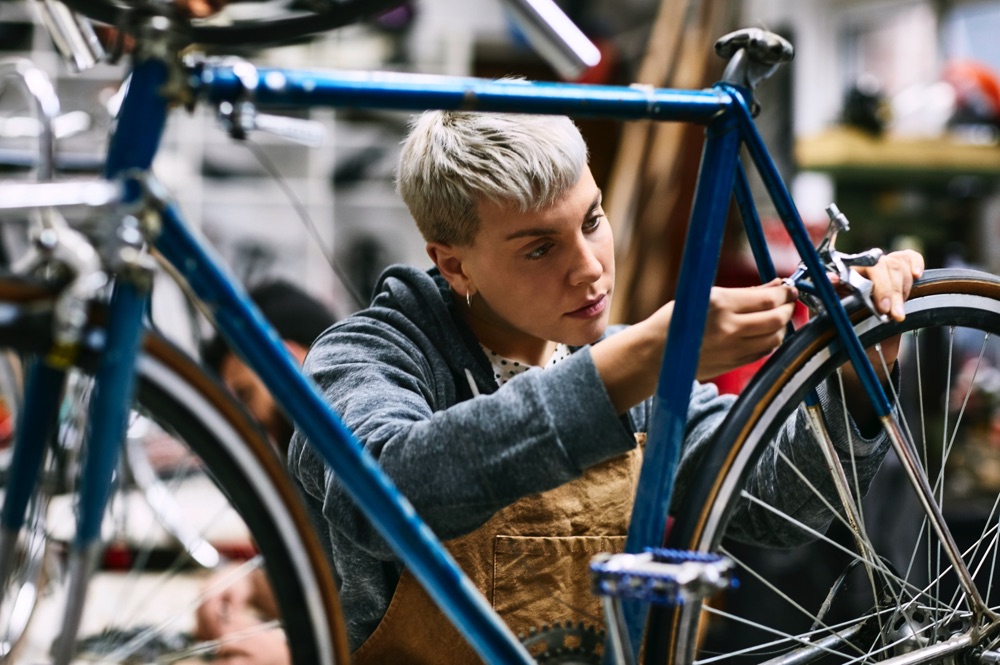
ALL IMAGES © GETTY IMAGES
Make more changes
You’ll find more great ideas for how to reduce your impact on the environment on the My Footprint app. Download it today and set yourself some sustainability challenges!
More to explore
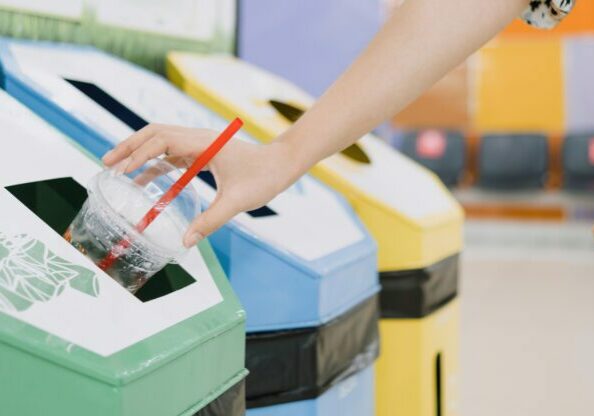
Recycling right – how to prevent plastic pollution
Wherever you live, plastic that gets thrown away can end up on the coast, polluting our seas. Get the lowdown on recycling all sorts of plastic to help keep the ocean clean
